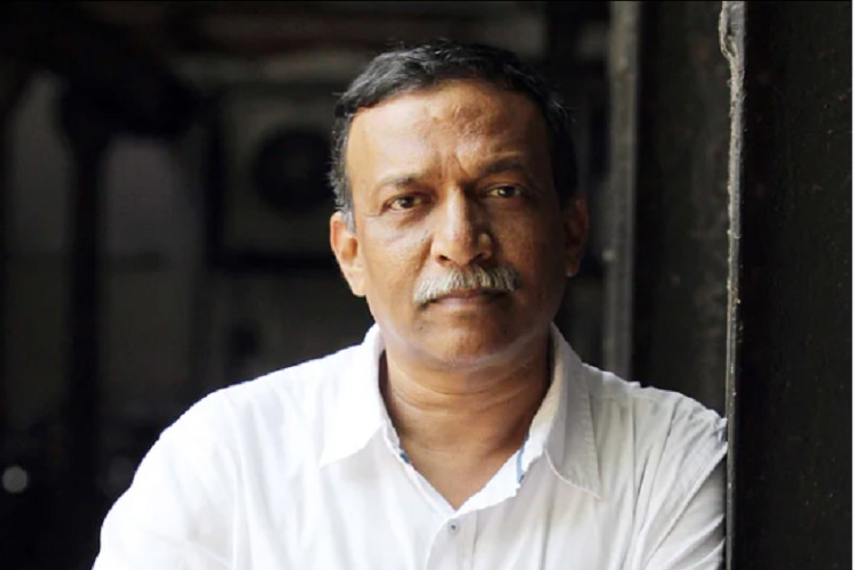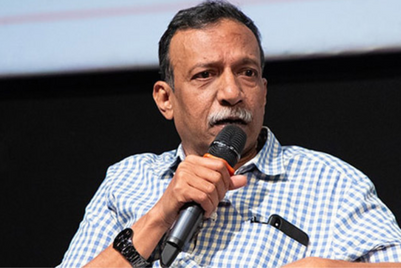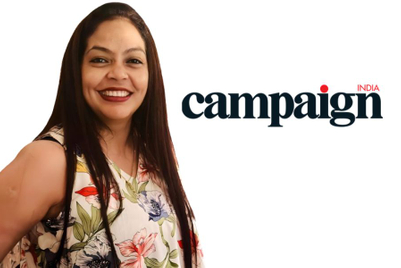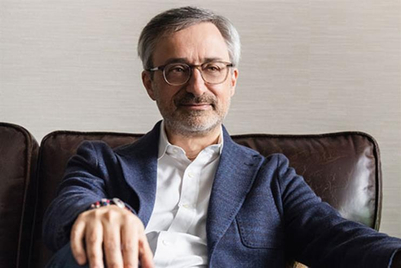As I write this on the news of Anant’s death I realise, by sad coincidence, that it is 15 years ago to the month that I first met Anant.
I was in Mumbai to interview candidates for the editorship of Campaign India, which we planned to launch a few months later.
I knew exactly what sort of person I wanted, but the requirements were so specific — and so rooted in Campaign’s DNA — that I thought it would be difficult. On paper, Anant looked good, but for me it was as much about personality as paper qualifications.
Privately, I prepared myself either to make compromises or, in the worst case, to have to start the process again.
How wrong I was. Within five minutes I knew Anant was the right fit. To maintain appearances I pretended to keep the interview going in a proper and formal fashion. But it was pointless. He was as excited about the job as I was about him as editor and neither of us saw any point in pretending otherwise.
So what was it that he had? It wasn’t just the constituent parts that he offered: experience; a peerless contacts book; boundless curiosity; context and perspective; an understanding of how the different parts of the industry — creative agencies, media agencies, media owners, brand owners — fitted together and where the tensions sat; and a sense of advertising’s role not just in the economy but also culture.
But it was the way they came together in Anant to make the whole, which expressed itself in the one thing no candidates could fake and which was essential. He loved advertising, and he loved the industry. And because he knew and loved it so well, he could also see its faults and had the confidence to point them out when appropriate.
Done deal.
Over the coming months I came to know him much better and appreciate the breadth and depth of his knowledge. I always looked forward to my trips to Mumbai, not just because I loved to visit India, but also because of the opportunity to chew the fat with Anant — advertising itself, of course, plus all the agency gossip, but other things too: football — especially me teasing him about Liverpool’s then perennial failure to challenge for the Premiership, and him about my team’s perennial struggle against relegation; the IPL versus Test cricket; politics, global and national; our favourite authors and new ones to pass on to each other; families and the ups and downs of life; and he was my invaluable guide to the complexities of life in India.
I loved the fact that he was an early riser — dawn or pre-dawn walks in Juhu, as I recall, followed by a crossword or two — and seemed to have done a full day’s work by the time every else, me included, was just getting started. But he also possessed great stamina too. I was impressed when after a 16-hour day trip to Delhi he wanted to drop in at Blue Frog in Lower Parel, and his disappointment when I declined was all too plain to see.
Of course we also had our disagreements. Anant was not an easy person to manage — and I know he would be dismayed if I said he was — but the storms always blew over quickly. And although I didn’t tell him this, I liked the fact that he could be hard to manage. It was the mark of someone who knew their own mind and was prepared to stand up for themselves.
As I said, it was as much about personality as anything else. Anant had that in spades. He was warm, wise and great company, and I look back on the time we spent together with happiness, albeit tinged in equal parts by great sadness. My best wishes go to his family, friends and colleagues. We are all the richer for having known him.
Dominic Mills is a former editor of Campaign UK and editorial director of its international editions.




.jpg&h=334&w=500&q=100&v=20250320&c=1)
.jpg&h=334&w=500&q=100&v=20250320&c=1)
.jpg&h=334&w=500&q=100&v=20250320&c=1)




.jpg&h=334&w=500&q=100&v=20250320&c=1)



.jpg&h=268&w=401&q=100&v=20250320&c=1)


.jpg&h=268&w=401&q=100&v=20250320&c=1)



